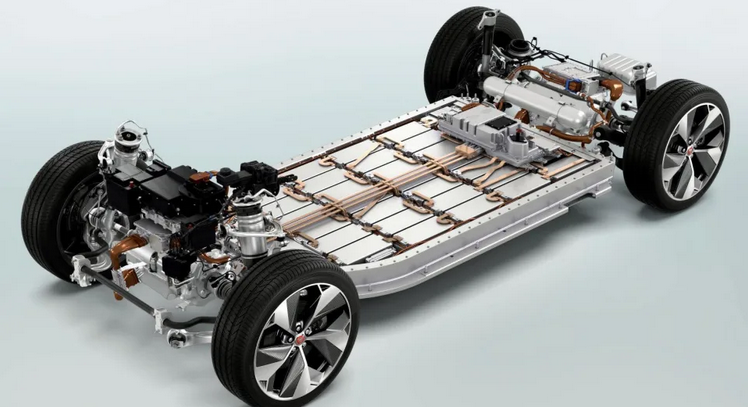It’s become part of everyday life. “Most of us plug in our laptops or phones to recharge at night without really thinking about it,” says Serena Corr, Chair in Functional Materials and Professor in Chemical and Biological Engineering at the University of Sheffield, “but what’s happening during charge and discharge is a highly complex process and still not completely understood.”
We’re talking about lithium-ion (abbreviated to Li-ion) batteries and when someone with a job title like Corr’s tells you something is “highly complex”, you’d better believe it. These are the batteries that power just about everything these days; as well your mobile phone, computer and power tools, they also drive pretty much all battery-electric cars.
Here we’re going to the very heart of that technology. Battery longevity and how the cells degrade determines the useful life of your electric car and how much someone will be prepared to pay for it second-hand, which in turn determines the cost of ownership and monthly costs on a personal contract purchase plan (PCP).
And at the moment, the values of used battery cars are disturbingly low since the used market doesn’t understand the technology and is concerned with what happens when battery warranties expire. It’s a subject that scares car makers witless.
Read more: yahoo



































